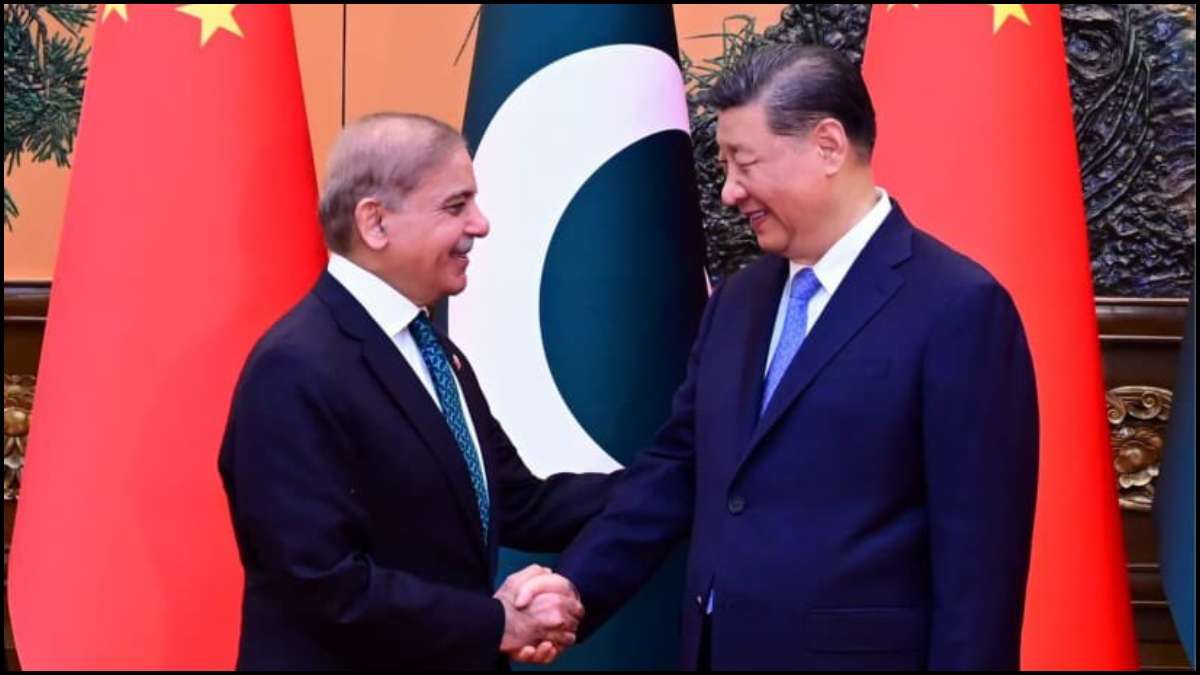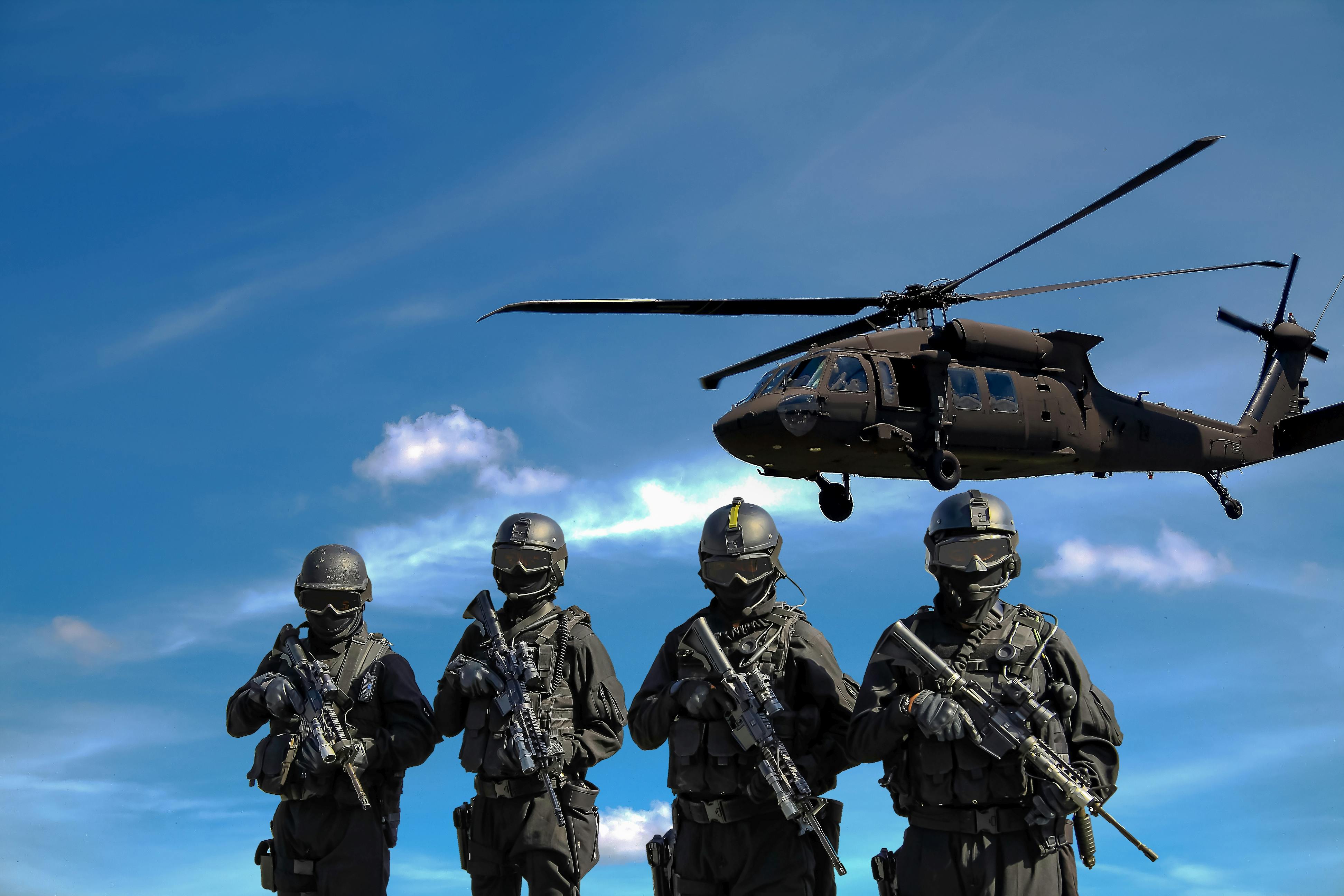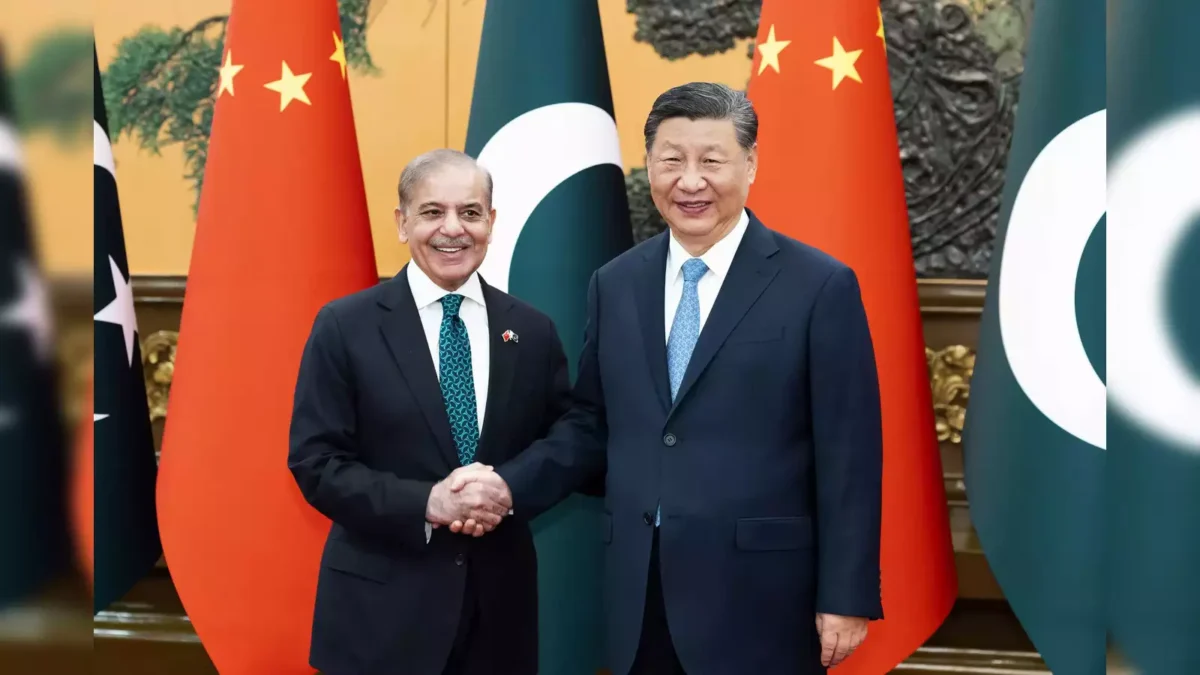China and Pakistan on Saturday opposed any “unilateral action” for resolving all outstanding issues in South Asia as the visiting Prime Minister Shehbaz Sharif briefed the Chinese leadership on the situation in Kashmir and discussed close ties enjoyed by their militaries.
Sharif concluded his four-day visit, the first after his second stint started in March, focussing on shoring up Chinese investments and assistance as his country faces an acute economic crisis.
At the end of his trip, a joint statement said, “Both sides underscore the importance of maintaining peace and stability in South Asia, the need for resolution of all outstanding disputes, and their opposition to any unilateral action.” “The Pakistani side briefed the Chinese side on the latest developments of the situation in Jammu and Kashmir. The Chinese side reiterated that the Jammu and Kashmir dispute is left over from history, and should be properly and peacefully resolved following the UN Charter, relevant UN Security Council resolutions, and bilateral agreements,” it said.

Table of Contents
ALSO READ: Xi-Jinping praises China-Pakistan Relations
Joint Settlement of China-Pakistan
India has previously rejected such joint statements by China and Pakistan.
The Ministry of External Affairs said, “All parties concerned are well aware of our clear position on these matters.” “The Union Territory of Jammu & Kashmir and the Union Territory of Ladakh are and always will be integral and inalienable parts of India. No other country has a locus standi to comment on the same,” the MEA had said previously.
Pakistan downgraded its ties with India protesting the abrogation of Article 370 granting special status to Jammu and Kashmir on August 5, 2019. India has always maintained that it desires normal neighborly relations with Pakistan while insisting that the onus is on Islamabad to create an environment that is free of terror and hostility for such an engagement.
During his four-day visit, which coincided with the announcement of the results of the general elections in India and the formation of the new government headed by Prime Minister Narendra Modi, Sharif met Chinese President Xi Jinping besides Premier Li Qiang and other officials.

Modi would be sworn in on Sunday for the third consecutive term in New Delhi in the presence of India’s all South Asian neighbors except Pakistan, and SAARC (South Asian Association for Regional Cooperation) nations such as Maldives, Seychelles, and Mauritius at a time when China seeks to expand its footprint in India’s neighborhood.
Besides Kashmir, political and strategic developments related to India figured in Sharif’s talks with Chinese leaders as the two all-weather allies closely coordinated their policies.
The joint statement also spoke about the close ties enjoyed by their two militaries: “The two sides expressed satisfaction that the armed forces of the two countries maintained a high level of strategic mutual trust, developed close coordination, and promoted cooperation in the long term.” “The two sides underscored that stronger strategic defense and security cooperation between Pakistan and China plays an irreplaceable and critical role in maintaining peace and stability and ensuring strategic balance of the region,” the statement said and added, that the two sides agreed to maintain high-level military-to-military visits and exchanges and promote cooperation in areas of joint training and exercises and military technology.
In the last two decades, China has emerged as a major supplier of military equipment to Pakistan. It includes advanced fighter aircraft, naval ships, and submarines.

Earlier, the two sides signed 23 agreements and MOUs covering cooperation on the USD 60 billion China-Pakistan Economic Corridor (CPEC), agriculture, infrastructure, industrial cooperation, inter-governmental development assistance, market regulation, surveying and mapping, media, film, the joint statement said.
The two sides agreed to strengthen communication and coordination on the Afghanistan issue.
Pakistan, which sheltered the Afghan Taliban for decades, now accuses the Taliban government in Kabul of fomenting terrorism on its soil and blames militant groups based in Afghanistan for the recurring terror. It included the recent attacks on scores of Chinese personnel in Pakistan.
Both sides “encourage the interim government of Afghanistan to build an inclusive political framework, adopt moderate policies, pursue good-neighborliness, and firmly combat terrorism, including not allowing its territory to be used for terrorist acts”, the joint statement said.
Meeting Sharif on Friday, Xi spoke of solid public support with a strong internal driving force and broad prospects for development for the China-Pakistan all-weather strategic cooperative partnership.
China stands ready to work with Pakistan to firmly support each other, strengthen cooperation, deepen strategic coordination, accelerate the building of an even closer China-Pakistan community with a shared future in the new era, and make greater contributions to regional peace, stability, development, and prosperity, Xi told Sharif.




1 Comment
Pingback: Chinese Premier Li to Visit Australia Since 2017 along with New Zealand - INPAC Times